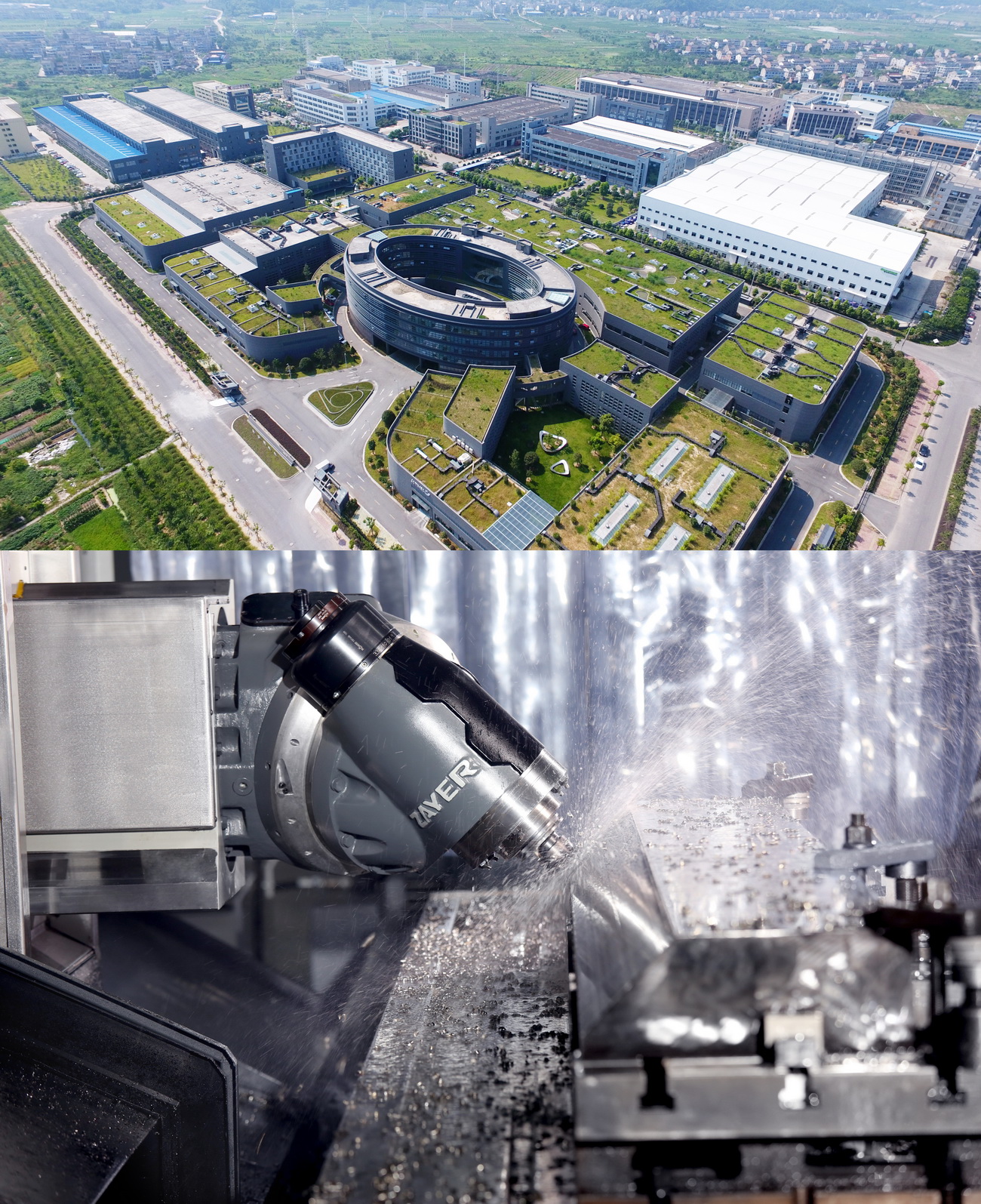Decode the rise of China’s “hidden champions” in Zhejiang’s Taizhou City
TAIZHOU, China
In the 1980s, when German management expert Hermann Simon studied his motherland, then the world’s largest exporter of industrial goods, and proposed the concept of “hidden champion”, he might not have imagined that China, with its weak industrial base, would become a highland where a large number of global “hidden champions” gather more than 30 years later.
China now has more than 70,000 specialized and sophisticated enterprises that produce new and unique products, including about 9,000 industrial “little giants”, according to Global Communication Center of Hehe Culture. These enterprises are deeply involved in the basic industrial fields, have high market shares and unique advantages in domestic and international markets, which is similar to Hermann Simon’s definition of “hidden champions”.
How can China see the rise of so many “hidden champions” in just over 30 years? If Hermann Simon had a chance to visit Taizhou City in east China’s economic powerhouse Zhejiang Province, he would get his question well answered.
Surrounded by mountains and seas, this time-honored city has 27 industrial clusters each with an output value of over 10 billion yuan, including medicine, automobiles, machine tools and molds. The city is home to 35 “hidden champions” and 90 national specialized and sophisticated enterprises that produce new and unique products, and 307 products produced here claim the top market share at home or globally.
In a product showroom of Taizhou’s Precious Technology Group, half of the hall is occupied by thick-material industrial sewing machines with different functions. In February this year, the company was identified as a “hidden champion” enterprise of Zhejiang Province by virtue of its advantages in the segmentation field of thick-material industrial sewing machine products.
“The machine’s presser is equipped with an interactive adjustment device invented by ourselves, and the task of moving thick material upwards can be easily accomplished. However, foreign products with similar functions need to stop production and then adjust with wrenches and other tools, which is not very convenient,” said Luo Yiming, vice president and chief engineer of the group, adding that their products are one third cheaper in price.
About 20 kilometers away from Precious Technology Group, there is another niche market “little giant” — JCtimes Group.
In China, only the plastic extrusion die produced by JCtimes Group can provide high-quality optical films, which are widely used in the backplane production of major domestic mobile phone brands. They look as thin as paper, but have hundreds of layers. After more than 20 years of development, JCtimes has become one of world’s top three players in this market segment.
Keeping an eye on the market gap, concentrating on developing specialized fields, and constantly innovating around the main business are the open paths for Taizhou’s “hidden champions” such as Precious Technology Group and JCtimes Group to stand out amid heated competition at home and abroad. However, behind Taizhou enterprises’ industrial rise, there are many hidden factors.
Taizhou’s “hidden champions” are rooted in a long and strong enterprising culture.
Since the reform and opening up, Taizhou has given birth to the country’s first joint-stock enterprise, the first private automobile enterprise, the first private commercial bank, the first privately-owned high-speed railway, issued the country’s first official document on implementation of stock cooperation system, creating a Taizhou-style boom in developing private economy.
In Taizhou, there is one entrepreneur in less than eight people on average, and it is the city code flowing in the blood of Taizhou people to dare to venture and be the best.
Taizhou’s “hidden champions” are growing up in a transparent and open business environment. The local government is committed to a positive interaction between macro management and market forces, enabling private enterprises to grow in a relatively free manner and concentrate on development.
In particular, in the past few years, Taizhou has made great efforts to build the best business environment in line with the World Bank standards, and set up a specific task team on optimizing and improving business environment, a top priority on government work agenda. A slew of steps have been taken to gather steam for powering the continuous brilliant performance of private enterprises.
Taizhou’s “hidden champions” took off with consistent investment in research and development.
The average R&D investment of 90 national specialized and sophisticated enterprises that produce new and unique products in Taizhou accounts for 5.3 percent of their revenue.
Taizhou enterprises also leverage outside support by establishing R&D centers in Shanghai, Hangzhou, Wuhan and other big cities at home and abroad with rich university resources. So far Taizhou has built 14 science and technology innovation enclaves in the Yangtze River Delta, and attracted many colleges and universities to establish R&D platforms and transformation bases.
In addition, Taizhou makes use of powerful digital tools to enable the transformation and upgrading of enterprises, provides capital support for the development of enterprises through innovative financial policies and products, and leverages its advantageous geographical position to expand its layout and business at home and abroad.
More and more enterprises have broken ground and developed fast in this unique soil, making Taizhou a pilot city in promoting sci-tech innovation and a national innovation city.
With the development of “hidden champions”, this dynamic city is moving towards becoming a manufacturing hub with global influence, creating more vivid cases for the rise of new Made-in-China.
Source: Global Communication Center of Hehe Culture
